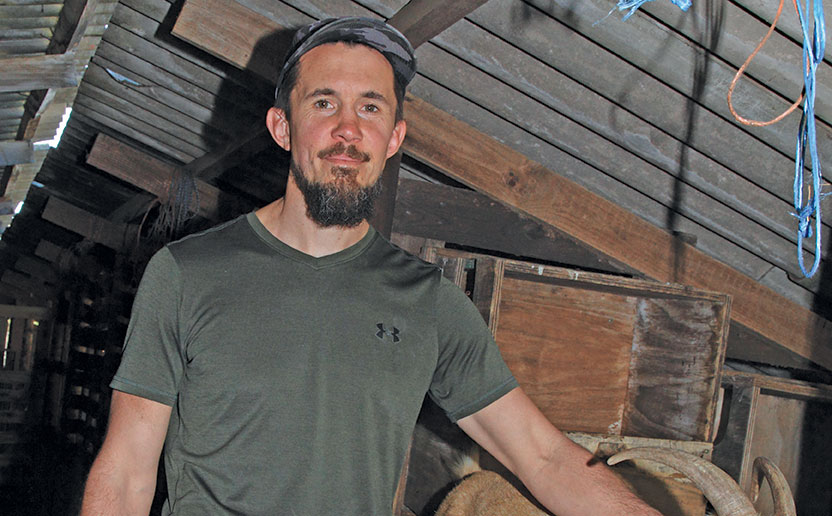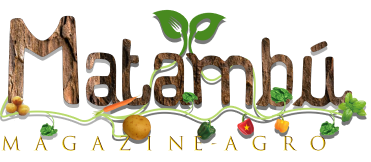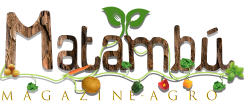[ad_1]
While quail farming is a simple strategy to produce high-value meat with low start-up prices and in comparatively little house, profiting from it’s a completely totally different ball recreation. Arran Mckenzie, proprietor of Mckenzie Quail Farm, spoke to Glenneis Kriel about his experiences with producing these birds.
Photo: Glenneis Kriel
Cape Town boxing membership proprietor Arran Mckenzie, proprietor of Mckenzie Quail Farm in Atlantis, all the time dreamt of being self-sufficient, so he planted greens and purchased 12 quails as half of a farming experiment to see if he might develop and lift wholesome, ethically produced meals for his household.
“I chose quails because their meat and eggs are three to four times more nutritious than chicken meat and eggs,” Mckenzie explains.
The birds have been stored in a home-made tractor, which he moved each two days to maximise their foraging. “Most of the birds came from a cage-reared background, so it was amazing to give them an opportunity to roam outside,” he says.
Despite some preliminary issues with cats and rats, the birds thrived, so in 2016 Mckenzie determined to take his experiment to the subsequent stage by renting 10ha of land close to Atlantis. There was already previous pig housing on the farm, which he used to start elevating quails commercially.

Having entry to land additionally allowed him to increase his vegetable manufacturing, primarily from heirloom seed, to produce a restaurant that was searching for an natural provider. In addition, he began retaining Boschveld chickens, Dorper sheep, in addition to dwarf and Boer goats.
“The dwarf goats produce exceptionally creamy milk with a high [percentage of] butterfat, but they are difficult to milk because of their small teats,” he says.
The market
In solely a few years, Mckenzie managed to extend his quail manufacturing to roughly 3 000 birds which, in hindsight, he feels might need been too many, too quick. He provides the meat and eggs to numerous butcheries, some Spar shops and eating places, and different patrons.
“I slaughter and process the birds on the farm, as I feel it is more humane than subjecting them to a trip to an abattoir, where I have no control over what happens to them,” he says.
The marketplace for quail is however restricted, with demand declining drastically over the previous 12 months as a result of influence that COVID- 19 and the lockdown measures had on the financial system.
Mckenzie explains that quail continues to be thought of a area of interest product, and subsequently one of the primary issues to fall off procuring lists when shopper spending is underneath stress.
It additionally doesn’t assist that quail prices greater than twice as a lot as hen.
“It’s more expensive to produce quails than chickens, as the birds require a higher-protein feed of roughly 28% in comparison with a broiler starter ration that averages between 18% and 20%. [Quails] are also much more labour-intensive to pluck, clean and process,” he says.
Another difficulty is that folks typically assume quails are wild birds, whereas most are produced in battery cages. In impact, individuals don’t verify whether or not the birds are ethically produced.
“It’s much cheaper and easier to raise quails in cages than to give them as much space as we do. But I can’t raise them in cages; it’s cruel and unnatural.”
With the decline in demand, Mckenzie scaled his flock right down to 200 birds, and continues to be considering what he ought to do with them. Egg manufacturing normally begins to wane as soon as the birds have reached 9 months previous, so breeders then have to get replaced.
“When I started out with commercial production, my hatching percentage was a dismal 30%. Many of the hatchlings were deformed and mortality rates were high. To address this, I put a lot of effort into improving the genetics of my flock, sourcing genetics from all over South Africa and even overseas. I guess I could sell genetic material to other producers, but my heart has always been set on the production of healthy, ethically produced meat, from field to fork.”
Farming strategies
Mckenzie shares a combine of Japanese and Golden Giant quail, and has managed to considerably enhance the typical processed weight of his birds due to selective breeding. The broiler birds are slaughtered at six to eight weeks, relying on their weight; eating places desire birds with a processed weight of round 220g.
According to Mckenzie, quail manufacturing is good in case you’re searching for a simple strategy to grow to be extra self-sufficient: “Quails are quite hardy birds and less susceptible to disease than chickens are, but should preferably be kept away from chickens for biosecurity reasons. We separate the chickens and quails and change our clothes before moving from the one to the other.”
Since he practises natural farming, Mckenzie makes use of solely pure cures to deal with and preserve the birds wholesome. The manufacturing atmosphere can be stored as near nature as doable, with low stocking densities, to stop stress and promote animal welfare.
Mckenzie says he has by no means suffered any critical losses to illness, aside from one 12 months. He was suggested to vaccinate the birds to stop extra losses, however as an alternative culled the sick ones and medicated the remainder with a his personal concoction of apple cider vinegar and liquidised garlic and aloe vera.
“To ensure uptake, the birds were thirsted for a day before receiving the treatment for a week via their water. I’m not saying it’s a cure, but it worked for my quails and chickens,” he says.
Garlic is used to maintain inner parasites in verify, whereas containers stuffed with diatomaceous earth are positioned inside every manufacturing unit for the birds to take mud baths in, which helps management exterior parasites.
Keeping the manufacturing atmosphere clear is essential to hen well being and manufacturing success, he says. However, it’s dearer and troublesome than cleansing cages, the place droppings can simply fall to the ground and the eggs are collected by way of gravitation.
Unlike chickens, quails don’t lay their eggs in sure spots, making them troublesome to gather. Since Mckenzie’s birds are stored on the bottom, their eggs have to be collected thrice a day, or the birds will begin to peck at and injury them which, in flip, will trigger the bedding to get moist.
He makes use of pine shavings as bedding, which needs to be turned on a common foundation to maintain it dry and forestall a build-up of ammonia.
“The shavings are actually sifted to eliminate any sawdust, which can cause respiratory problems [in the birds].”
It is crucial for the manufacturing items to be completely cleaned and sanitised on the finish of every manufacturing cycle earlier than new birds could be launched to them.
Mckenzie makes use of the litter in his compost, which is then utilized in his natural backyard.
“I follow no-dig regenerative farming practices. “Our soil is really sandy and sticky, so I plant directly into ridges of a compost-topsoil mixture, which is sustained through the continuous addition of mulch,” he says.
Excess greens are given to the quails. Therefore, along with their pre-formulated high-protein rations, in addition they obtain spinach, which is one of their favourites, broccoli, hemp and barley sprouts.
“They need their greens,” advises Mckenzie.
Rations and water are equipped by way of hen bell feeders and drinkers, however Mckenzie factors out that you should decrease them to make sure they’re on the proper top for the quails.
He additionally typically places a bale of hay within the manufacturing space, giving the birds a possibility to scratch and pull out hay, and cement slabs are positioned towards the partitions to produce the birds with locations to shelter.
Production Challenges
Quails are fairly skittish, and sometimes fly into issues once they’re scared or anxious, so the roofs of the manufacturing items ought to be excessive sufficient to keep away from them injuring themselves.
A disadvantage of quails is that they’ve been domesticated for therefore lengthy that many of their pure instincts have been bred out of them. This makes free-range manufacturing troublesome.
“Chickens look for shelter and huddle together when it rains or they’re cold. Quails, on the other hand, will just drop down where they are and freeze to death,” Mckenzie explains.
He pulls sail curtains over the home windows of the items to guard the birds towards the wind and chilly. On sunny days, nonetheless, the curtains are stored open, permitting the birds to bask within the pure mild.
“Quails love nothing more than sitting in the sun and taking dust baths. You’ll see them all sitting in a line, with their wings spread out, soaking up the sunshine.”
Since quails appear to have misplaced their skill to hatch their eggs, producers have to incubate the eggs inside a week of assortment to supply alternative inventory. It takes about 15 to 18 days for the eggs to hatch in an incubator.
“The incubator is probably the most expensive start-up investment required for quail production,” Mckenzie says.
Egg manufacturing can be not a fixed, however fluctuates over time.
“If you go big, you’ll need to find a market for fresh and pickled eggs, or you’ll sit with a lot of wastage. I used to supply the market with about 1 000 eggs a week,” he says.
Mckenzie says that quail is a surprise meals as a result of of its excessive dietary worth.
“The biggest problem in South Africa, however, is that we do not have a quail-eating culture. Until we develop one, the market will remain limited.”
Email Arran Mckenzie at [email protected]
[ad_2]
Source link










